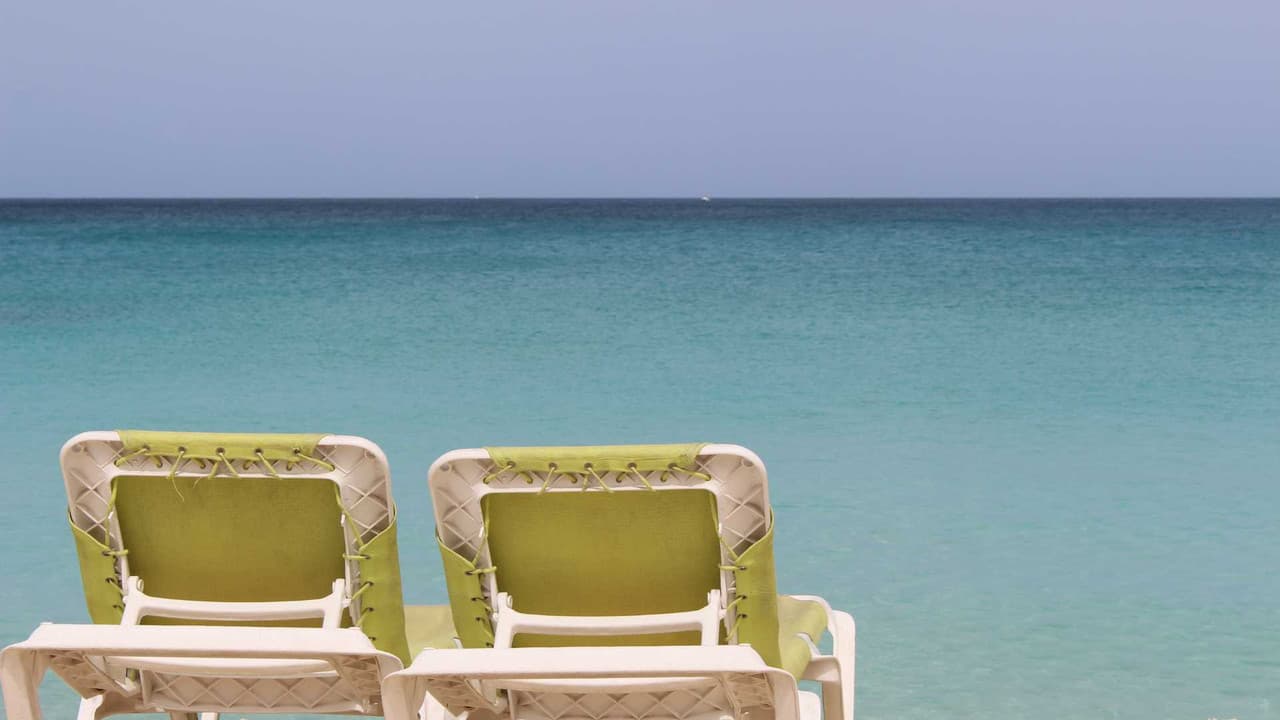Navigating the business landscape in Bonaire, Sint Eustatius, and Saba requires an understanding of the unique cultural blend that characterizes these islands. While they are part of the Netherlands, their Caribbean location and history have shaped distinct local customs and business practices. Successfully operating here involves appreciating the nuances of communication, negotiation, and workplace dynamics, which often differ from purely Dutch or other international business environments. Building strong relationships and demonstrating cultural sensitivity are key factors for long-term success in this region.
The business culture across the BES islands is generally more relaxed than in larger international hubs, yet professionalism and respect remain paramount. Understanding the local pace and prioritizing personal connections alongside professional objectives can significantly enhance business interactions and outcomes.
Communication Styles in the Workplace
Communication in the BES islands reflects a mix of directness influenced by Dutch culture and a more indirect, relationship-focused approach common in the Caribbean. While directness is appreciated in professional matters, it is often tempered with politeness and consideration for personal feelings.
- Language: Dutch is the official language, but Papiamento is widely spoken on Bonaire, and English is prevalent on Sint Eustatius and Saba. Business communication may occur in any of these languages, depending on the parties involved. Using the local language where possible is often appreciated.
- Verbal Communication: Face-to-face and phone conversations are common and often preferred for building rapport. Email is used for formal communication and documentation, but prompt responses may not always be the norm compared to faster-paced environments.
- Non-Verbal Cues: Pay attention to body language and tone. Maintaining eye contact is generally seen as a sign of respect.
- Directness vs. Indirectness: While direct questions and statements are acceptable, sensitive topics or potential disagreements may be approached more indirectly to avoid confrontation.
Business Negotiation Practices and Expectations
Negotiations in Bonaire, Sint Eustatius, and Saba tend to proceed at a deliberate pace. Rushing the process is generally not advisable and can be counterproductive.
- Pace: Be prepared for negotiations to take time. Decisions may involve consultation with multiple parties, and patience is essential.
- Relationship Building: Building trust and a good personal relationship with counterparts is often as important as the business proposal itself. Initial meetings may focus on getting to know each other before diving deep into business details.
- Flexibility: While contracts are important, there can be a degree of flexibility in discussions. Be open to finding mutually agreeable solutions.
- Formality: Business meetings are generally professional, but the atmosphere can be less formal than in some European countries. Dressing professionally is expected.
Hierarchical Structures and Their Impact
Workplaces in the BES islands typically have clear hierarchical structures, though the level of formality can vary. Respect for authority and seniority is important.
- Respect for Authority: Decisions often come from the top, and showing respect for managers and senior colleagues is crucial.
- Team Dynamics: While hierarchy exists, teamwork is also valued. Collaboration within teams is common, but final decisions often rest with leadership.
- Decision-Making: Decision-making processes can sometimes be centralized. Understanding who the key decision-makers are and respecting the chain of command is important.
Holidays and Observances Affecting Business Operations
Public holidays significantly impact business operations, with many businesses closing or operating on reduced hours. Planning around these dates is essential for 2025.
| Date | Holiday | Island(s) Affected |
|---|---|---|
| January 1 | New Year's Day | All |
| February 24 | Carnival Monday | Bonaire |
| March 3 | Saba Day | Saba |
| April 18 | Good Friday | All |
| April 20 | Easter Sunday | All |
| April 21 | Easter Monday | All |
| April 27 | King's Day | All |
| May 1 | Labour Day | All |
| May 29 | Ascension Day | All |
| June 8 | Whit Sunday | All |
| June 9 | Whit Monday | All |
| July 1 | Emancipation Day | All |
| September 1 | Statia Day | Sint Eustatius |
| December 25 | Christmas Day | All |
| December 26 | Second Day of Christmas | All |
Note: Local events or additional days off may also occur.
Cultural Norms Impacting Business Relationships
Building and maintaining positive relationships is fundamental to business success in the BES islands.
- Punctuality: While personal life may operate on "island time," punctuality is generally expected for business meetings. However, be prepared for potential delays from others.
- Social Interaction: Engaging in polite conversation before getting down to business is customary. Showing interest in the local culture and community is appreciated.
- Trust: Trust is built over time through consistent, respectful, and reliable interactions. Personal connections often pave the way for professional ones.
- Gift-Giving: Small tokens of appreciation may be appropriate in certain contexts, but are not typically expected in initial business meetings.
Understanding and respecting these cultural considerations will significantly contribute to successful business ventures and foster positive working relationships in Bonaire, Sint Eustatius, and Saba.
Stellen Sie in Bonaire, Sint Eustatius und Saba Top-Talente über unseren Employer of Record-Service ein.
Vereinbaren Sie ein Gespräch mit unseren EOR-Experten, um mehr darüber zu erfahren, wie wir Ihnen in Bonaire, Sint Eustatius und Saba helfen können.







Vereinbaren Sie einen Termin mit unseren EOR-Experten, um mehr darüber zu erfahren, wie wir Ihnen in Bonaire, Sint Eustatius und Saba helfen können.
Vertraut von mehr als 1.000 Unternehmen weltweit.



